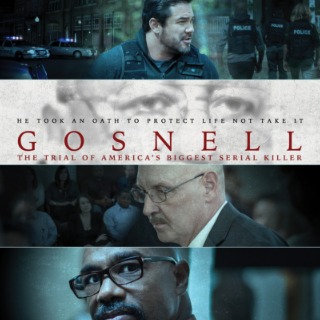
by Janet Denison | Sep 20, 2022 | Blog
Have you noticed that the truth gets lost in our political debates? Those arguments can quickly become about the rights people have versus what is right. Sadly, a lot of people under the age of forty have grown up hearing more political dialogue than biblical...

by Janet Denison | Mar 27, 2019 | Blog
Why would I recommend that you and your sixth graders see Unplanned, an R-rated movie? I have to admit, this is a first. But, I think anyone who is twelve years old or older should go see Unplanned. The movie opens this weekend. And it will change the way you think...

by Janet Denison | Oct 17, 2018 | Blog
A note from Janet: This isn’t a typical blog post this week—it will be difficult to read. But I felt a strong conviction to write this. I hope you will read this prayerfully, with understanding. Who is Kermit Gosnell, and why doesn’t everyone know that answer? There...




